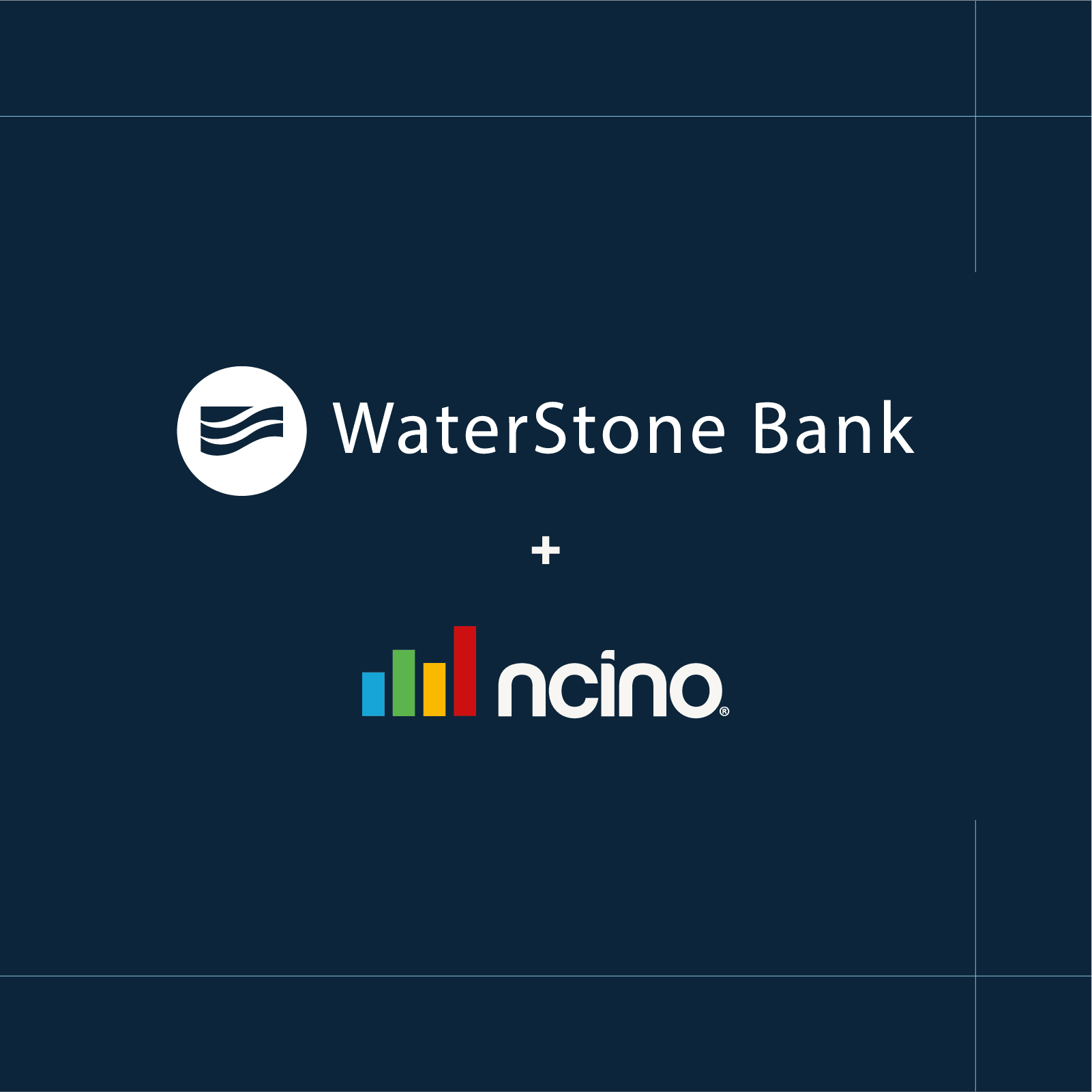nCino Reports Second Quarter Fiscal Year 2024 Financial Results


VeraBank Achieves Faster Time to Value with nCino
Explore the many ways nCino customers have been successful through the nCino Cloud Banking Platform.
Read MoreCredit unions represent a unique sector within the world of finance. They offer an exceptional service to their member base, backed by competitive loan offerings. In order to deal effectively with this unique operational model, credit unions' lending technology needs to align correctly.

nCino is proud to announce the release of our first Environmental, Social and Governance (ESG) report. This report delves into our journey towards a more sustainable business, affirming our commitment to responsible practices that align with our mission of transforming the financial services industry through innovation, reputation, and speed.

Committed to continuously improving technology and customer experience, Customers Bank is partnering with DocFox for a faster, easier, and more secure business account opening process.

As if simplifying compliance in the financial sector wasn’t already a challenge, recent news surrounding Dodd-Frank 1071 continues to complicate matters and raise questions.

nCino to provide WaterStone with a single, end-to-end solution for all lending activities
Wilmington, NC -- August 3, 2023 -- nCino, Inc (NASDAQ: NCNO), a pioneer in cloud banking for the global financial services industry, today announced that WaterStone Bank will be upgrading its technology stack and migrating its commercial, consumer, and residential lending activities to the nCino Cloud Banking Platform.
WaterStone Bank, established in 1921 and headquartered in Wauwatosa, Wisconsin, offers a full suite of personal and business banking products and services. The Bank maintains a customer first approach by providing highly personalized services through enhanced digital channels and new product offerings. To enrich the lending experience for its clients even further, WaterStone recognized the benefits a single platform could deliver to help eliminate inefficient operations, improve compliance management, and integrate rich data and insights into key workflows.

Recently, nCino brought together several of our European Corporate and Investment Banking (CIB) clients to discuss industry trends. During the session, we highlighted how our solution supports CIB lenders in delivering personalised experiences from acquisition through to balance sheet and fostering stronger client relationships.
Navigating Economic Volatility with Legacy TechnologyThe current economic environment, driven by interest rate and other inflationary pressures, is impacting profitability and risk management in CIB lending unlike anything we’ve seen in the last decade. Alongside economic pressures, compliance with evolving regulations remains a top concern and shows no signs of slowing down. Policy changes increasingly need to be enacted in real time – something legacy technology is not equipped to do.
These systems, characterised by disparate data and manual processes, are hindering banks' ability to adapt quickly to a changing market, capture and report on data, and gain actionable insights from their portfolio.

API integration connects SimpleNexus, an nCino Company’s, mobile-first homeownership solution with MortgagebotLOS to simplify U.S. home lending.

VeraBank, a community bank headquartered in Henderson, TX, partnered with nCino to modernize lending processes and streamline employee and customer experiences.
